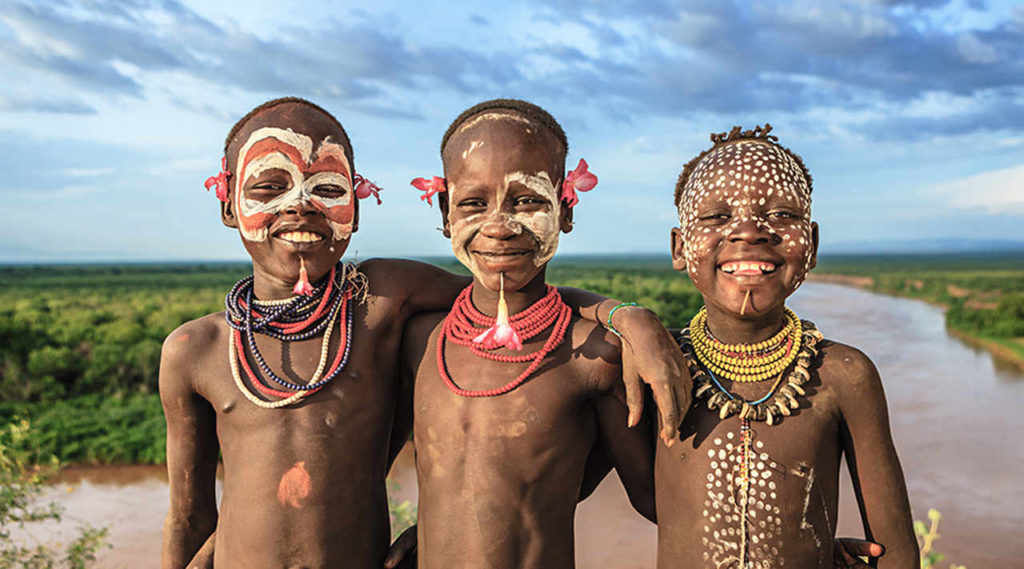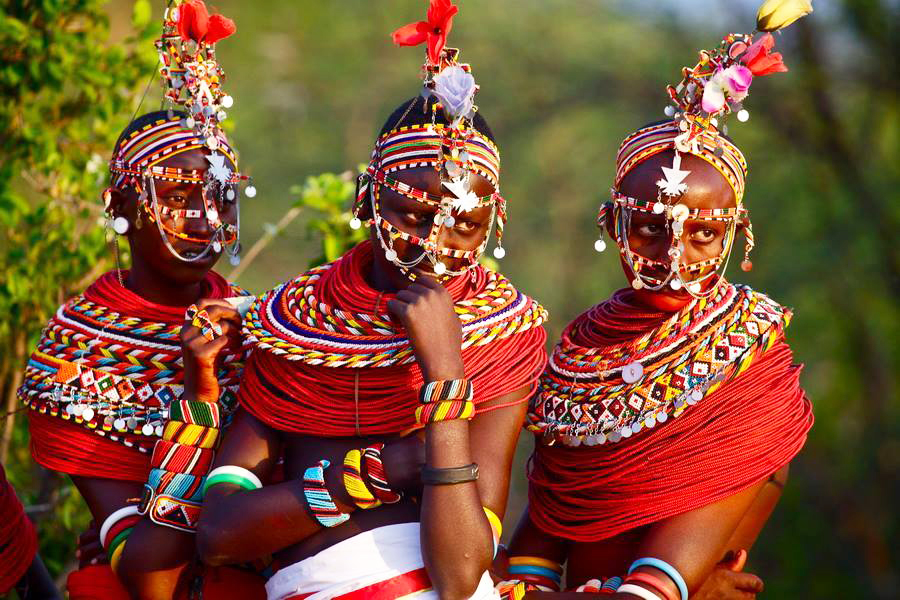Os Africanos: The Untold Story Of African Warriors Shaping History
There’s a fascinating story buried deep within history that deserves to be told—the story of Os Africanos. These weren’t just warriors; they were legends, symbols of resilience and power. Os Africanos, or African warriors, have played a pivotal role in shaping the world as we know it today. Their influence extends beyond the battlefield, leaving an indelible mark on cultures, traditions, and even modern societies. So, buckle up, because we’re diving deep into their world.
When you think of warriors, your mind might immediately jump to Spartans or Vikings, but Os Africanos? Yeah, they were just as badass, if not more. These warriors weren’t just fighting for survival—they were fighting for identity, freedom, and legacy. Their stories are often overlooked, but they’re absolutely essential to understanding the rich tapestry of human history.
Now, before we dive into the nitty-gritty, let’s set the stage. This isn’t just about Os Africanos; it’s about the impact they’ve had on the world. From ancient empires to modern-day struggles, these warriors have left their mark in ways that continue to resonate today. So, whether you’re a history buff or just someone curious about the world, this is the story you’ve been waiting for.
Read also:Bluefish River Tavern Photos A Visual Feast By The River
Who Were Os Africanos? A Brief Overview
Let’s break it down. Os Africanos, or African warriors, weren’t a single group—they were a diverse collection of tribes, kingdoms, and cultures that spanned the vast continent of Africa. But what united them? A shared sense of purpose, strength, and an unyielding spirit. These warriors weren’t just fighters; they were strategists, leaders, and protectors of their people.
Historically, Os Africanos were known for their incredible combat skills, but they were also deeply connected to their communities. They weren’t just about brute force; they were about wisdom, tradition, and honor. And yeah, they were pretty darn good at what they did. Think about it: these guys were fighting with spears, shields, and sometimes even bare hands against some pretty formidable opponents. But they didn’t just rely on physical strength—they relied on strategy, teamwork, and an intimate knowledge of their environment.
Key Characteristics of Os Africanos
So, what made Os Africanos so special? Here’s a quick rundown:
- Skilled Fighters: They were experts in combat, whether it was hand-to-hand or with weapons.
- Deep Connection to Culture: Their identity was rooted in their traditions and values.
- Strategic Thinkers: They weren’t just brawn—they had brains too. Tactics and planning were key to their success.
- Protectors of Their People: Their primary goal was always to safeguard their communities.
And let’s not forget, these warriors weren’t just men. Women played a crucial role too. Think of figures like Yaa Asantewaa, who led the Ashanti rebellion against British colonial forces. Os Africanos weren’t just about physical strength—they were about unity, resilience, and a shared vision for the future.
Historical Context: The Rise of Os Africanos
To truly understand Os Africanos, you need to look at the historical context. Africa, long before colonization, was home to powerful empires and kingdoms. Think of places like Mali, Ghana, and Ethiopia—these weren’t just random tribes; they were sophisticated civilizations with their own systems of governance, trade, and warfare.
Os Africanos emerged from this rich tapestry of cultures. They weren’t born out of necessity—they were born out of pride. These warriors were trained from a young age, learning the art of combat, strategy, and leadership. And when the time came, they stepped up to protect their people from external threats, whether it was neighboring tribes or foreign invaders.
Read also:Davey Dave The Man Who Revolutionized Hiphop Journalism
Major Events That Shaped Os Africanos
Let’s talk about some key moments in history that shaped Os Africanos:
- The Battle of Adwa (1896): This was a defining moment for Ethiopian warriors, who successfully repelled Italian forces. It showed the world that Os Africanos were a force to be reckoned with.
- The Zulu Wars: The Zulu warriors, under the leadership of Shaka Zulu, were legendary for their tactics and bravery. They fought fiercely against British forces, leaving a lasting legacy.
- The Mau Mau Uprising: In Kenya, the Mau Mau movement was a powerful resistance against British colonial rule. Os Africanos played a crucial role in this struggle, fighting for independence and freedom.
These events didn’t just shape Os Africanos—they shaped the entire continent. They proved that African warriors weren’t just fighters—they were revolutionaries, leaders, and visionaries.
Os Africanos in Modern Times
Fast forward to today, and you’ll see that the legacy of Os Africanos lives on. Sure, the world has changed, but the values they stood for—resilience, unity, and strength—remain as relevant as ever. In modern Africa, you can see the influence of Os Africanos in everything from martial arts to cultural festivals.
But it’s not just about nostalgia. Os Africanos are still inspiring people today. Think about movements like Black Panther, which draws heavily on African warrior culture. Or look at contemporary leaders who are drawing inspiration from the past to shape the future. Os Africanos aren’t just a part of history—they’re a part of the present and the future.
Modern-Day Tributes to Os Africanos
Here are a few ways Os Africanos are being celebrated today:
- Cultural Festivals: Across Africa, festivals honor the traditions and values of Os Africanos.
- Art and Literature: Writers and artists are drawing inspiration from the stories of these warriors to create new works.
- Education: Schools and universities are incorporating the history of Os Africanos into their curricula, ensuring that future generations learn about their legacy.
It’s not just about remembering the past—it’s about learning from it and building a better future.
The Role of Os Africanos in Global History
Os Africanos didn’t just impact Africa—they had a ripple effect across the globe. Their battles, strategies, and values influenced other cultures and societies. Think about it: the tactics used by African warriors were studied and adapted by other armies around the world. And their commitment to justice and freedom inspired movements far beyond the continent.
But it wasn’t just about warfare. Os Africanos were also traders, diplomats, and ambassadors. They played a key role in shaping global trade routes and cultural exchanges. Their influence can be seen in everything from art to architecture to music.
Global Impact of Os Africanos
Here are a few examples of how Os Africanos left their mark on the world:
- Trade Routes: African warriors helped establish and protect vital trade routes, facilitating the exchange of goods and ideas.
- Cultural Exchange: Through interactions with other civilizations, Os Africanos contributed to the spread of knowledge and technology.
- Resistance Movements: The legacy of Os Africanos continues to inspire resistance movements around the world, from civil rights to environmental activism.
Os Africanos weren’t just warriors—they were global citizens whose impact is still felt today.
Os Africanos: The Human Side
It’s easy to focus on the grandeur and glory of Os Africanos, but let’s not forget the human side. These weren’t just warriors—they were people with families, dreams, and fears. They faced challenges, experienced loss, and celebrated victories. Their stories are as much about personal triumph as they are about historical significance.
Imagine being a young warrior, training for years to protect your people. Or think about the leaders who had to make difficult decisions, knowing that the fate of their communities rested in their hands. Os Africanos weren’t just figures in history—they were real people with real lives.
The Personal Stories of Os Africanos
Here are a few personal stories that highlight the human side of Os Africanos:
- Shaka Zulu: The legendary Zulu king who revolutionized warfare and united his people.
- Yaa Asantewaa: The queen mother who led the Ashanti rebellion against British colonial forces.
- Menelik II: The Ethiopian emperor who successfully defended his country against Italian invasion.
These stories remind us that Os Africanos weren’t just warriors—they were heroes, leaders, and visionaries.
Challenges Faced by Os Africanos
No story is complete without its challenges, and Os Africanos faced their fair share. From external threats like colonization to internal struggles like tribal conflicts, these warriors had to navigate a complex world. But they didn’t back down—they faced these challenges head-on, using their strength, wisdom, and resilience to overcome them.
One of the biggest challenges was the arrival of European colonizers. Os Africanos had to adapt quickly to new technologies, tactics, and ideologies. Some succeeded, while others struggled. But through it all, they maintained their identity and pride, refusing to let their culture be erased.
Overcoming Obstacles
Here are a few examples of how Os Africanos overcame challenges:
- Adaptation: They quickly adapted to new technologies and tactics, ensuring their survival.
- Unity: They formed alliances and united against common enemies, strengthening their position.
- Resistance: They resisted colonization and fought fiercely to protect their lands and cultures.
Os Africanos weren’t just survivors—they were fighters who refused to give up, no matter the odds.
Legacy of Os Africanos
The legacy of Os Africanos is one of strength, resilience, and pride. They didn’t just shape history—they inspired future generations to continue their fight for justice and freedom. Their stories continue to resonate today, reminding us of the power of unity, courage, and determination.
But it’s not just about the past. The legacy of Os Africanos is alive and well in modern society. From cultural festivals to educational programs, their influence can be seen in countless ways. And as the world continues to face new challenges, the lessons of Os Africanos remain as relevant as ever.
Lessons from Os Africanos
Here are a few key lessons we can learn from Os Africanos:
- Unity: Strength lies in unity, and working together can overcome even the toughest challenges.
- Resilience: No matter the odds, resilience and determination can lead to victory.
- Pride: Knowing your history and culture is essential to maintaining your identity and pride.
Os Africanos weren’t just warriors—they were teachers, showing us how to face the world with courage and grace.
Conclusion: Celebrating the Legacy of Os Africanos
As we wrap up this journey through the world of Os Africanos, it’s clear that their legacy is one of strength, resilience, and pride. They weren’t just warriors—they were leaders, visionaries, and protectors of their people. Their stories continue to inspire and educate, reminding us of the power of unity and determination.
So, what can you do? Share this story with others. Learn more about the history of Os Africanos and the impact they’ve had on the world. And most importantly, take inspiration from their legacy to face the challenges of today with courage and grace.
And hey, if you’ve enjoyed this article, don’t forget to leave a comment or share it with your friends. Let’s keep the story of Os Africanos alive and thriving.
Table of Contents
- Who Were Os Africanos? A Brief Overview
- Historical Context: The Rise of Os Africanos
- Os Africanos in Modern Times
- The Role of Os Africanos in Global History
- Os Africanos: The Human Side
- Challenges Faced by Os Africanos
- Legacy of Os Africanos


